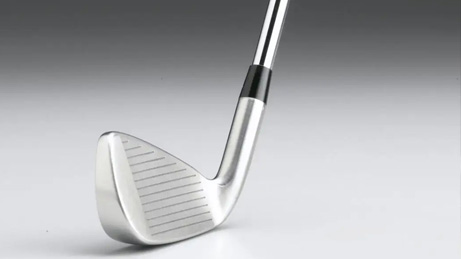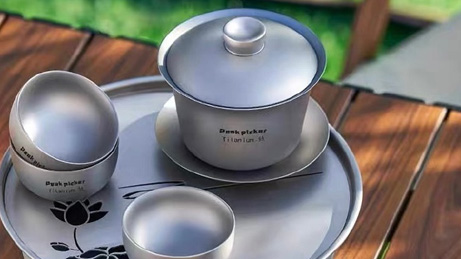Chemical Industry:
Titanium is widely used in chemical production as a corrosion-resistant material, replacing stainless steel, nickel-based alloys, and other rare metals. This substitution significantly improves production capacity, enhances product quality, extends equipment lifespan, and reduces energy consumption, costs, and material usage. Additionally, it prevents pollution, optimizes working conditions, and boosts overall production efficiency.
Sports Industry:
Titanium alloys have diverse applications in sports equipment, including golf club heads, bicycle frames, trekking poles, rock climbing anchors, ski poles, skate blades, fencing masks, fishing gear, rowing components, badminton rackets, and tennis rackets. Its lightweight and durable properties make it ideal for high-performance sports equipment.
Picnic and Camping:
Outdoor activities often require prolonged exposure to food items like salt, soy sauce, and vegetable soup. Titanium tableware and cookware, with their excellent corrosion resistance, ensure healthy and delicious meals. Additionally, the protective oxide film on titanium's surface makes these items extremely easy to clean—even greasy food won’t stick, and oil residue can be removed with just water.
Energy Industry:
Titanium alloy components are extensively used in oil production and refining, including offshore oil platform pillars, heat exchangers, pumps, valves, and drill pipes. Titanium's naturally formed oxide film offers excellent corrosion resistance, enabling the transportation of highly corrosive materials without additional anti-corrosion treatments. It can withstand harsh environments such as seawater, sulfuric acid, and petrochemicals, allowing oil drilling to reach deeper waters and wells in challenging production conditions, such as high temperatures and severe salinity-induced corrosion.
Automotive Industry:
While steel remains the primary material in the automotive industry, titanium and titanium alloys are gaining attention in specific applications. These can be divided into two categories:1. Lightweight components for high-speed reciprocating engine parts, aimed at reducing overall vehicle weight.2.Corrosion-resistant components, including exhaust systems, chassis parts, and suspension systems, designed to extend the lifespan of automotive parts and improve performance.






